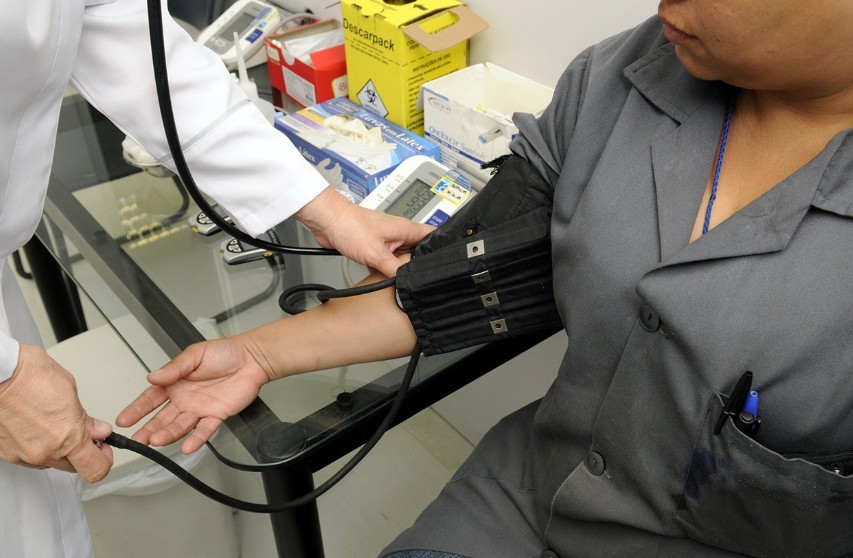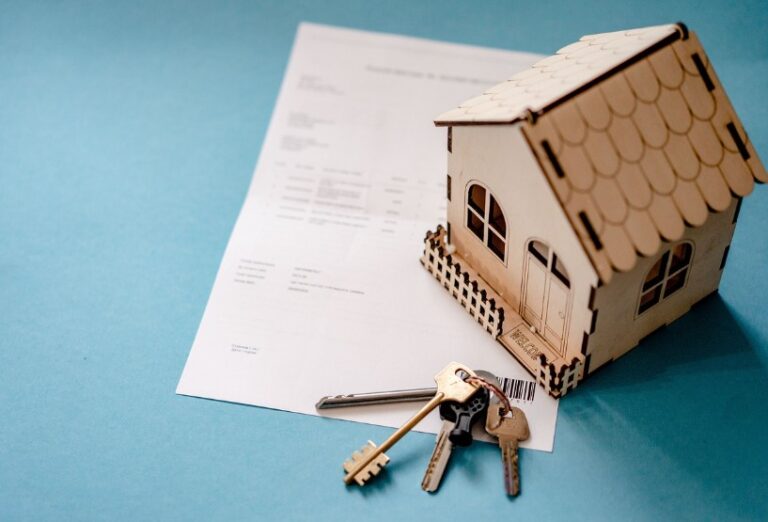Does PIP Change of Circumstances Mean Another Assessment?
When you are receiving Personal Independence Payment (PIP), life doesn’t stand still. Your health, mobility, or care needs might change over time – sometimes gradually, sometimes suddenly. But when things shift, many people are left wondering: Does PIP Change of Circumstances Mean Another Assessment?
This is a crucial question that can affect not only your finances but also your peace of mind.
Let’s get into the details to provide you with the most accurate and helpful answers.
What is a PIP Change of Circumstances?
A change of circumstances in the context of PIP means that something has happened that might affect:
- The amount of help you need with daily living activities
- Your mobility and ability to get around
- The aids or adaptations you rely on
- Your living situation or location
You have a legal responsibility to report changes to the Department for Work and Pensions (DWP) as soon as possible.
Types of Changes You Must Report:

- Your health condition has worsened, and you need more support.
- Your condition has improved, and you require less help.
- You have started using new aids or equipment that help you manage tasks.
- You no longer use the aids you previously needed.
- You move into a care home, hospital, or supported accommodation.
- You go abroad for more than four weeks.
- Your mobility needs change – for example, you now use a wheelchair or walking stick.
What Happens if You Don’t Report Changes?
Failing to report changes can result in:
- Overpayments, which you may need to repay
- Investigations for benefit fraud
- Loss of trust with the DWP, which can make future claims more difficult
Reporting changes is essential to keep your claim accurate and legally sound.
Does PIP Change of Circumstances Mean Another Assessment?
In most cases, yes, but not all assessments are the same, and not all are lengthy or in-person.
When you report a change, the DWP must review your case to ensure that the level of support you receive is still appropriate. This usually triggers a reassessment process, which may involve:
- A review form (usually the AR1 form)
- A telephone, video, or face-to-face assessment
- Submission of up-to-date medical evidence
The DWP’s primary goal is to confirm whether your benefit award should stay the same, increase, decrease, or stop, based on your updated situation.
However, this does not always mean starting from scratch.
It’s more like an update to your existing claim, focusing on the reported changes rather than re-evaluating your entire case from the beginning.
The Different Types of PIP Reviews and Assessments
When a change of circumstances is reported, there are three possible review paths:
1. Paper-Based Review
If your medical evidence is strong and clearly supports your change, the DWP may make a decision based solely on the paperwork without arranging a further assessment. This is more common when the change is straightforward, such as recovery from an injury.
2. Telephone or Video Assessment
These have become more common since 2020 and are often used when clarification is needed, but the situation is not complex enough to require an in-person assessment.
3. Face-to-Face Assessment
This is usually required if:

- There are significant changes to your health.
- The DWP needs a more in-depth understanding of how your condition affects your daily life.
- There is insufficient medical evidence.
While face-to-face assessments can feel intimidating, many claimants find that with proper preparation, they are manageable and sometimes necessary to ensure they receive the right level of support.
Real UK Stories: How a Change of Circumstances Plays Out in Practice?
Sarah’s Story: From Fear to Fairness
Sarah from Manchester lives with fibromyalgia and osteoarthritis. When her condition deteriorated, she reluctantly reported her worsening mobility to the DWP, expecting to face a long, stressful reassessment.
“I was convinced I would lose everything. I almost didn’t report it,” Sarah admitted.
However, after providing updated letters from her rheumatologist, she was asked to complete a review form and attend a short telephone assessment. Within four weeks, her PIP award increased to a higher rate because her mobility needs had grown.
“The process was less painful than I imagined. It actually helped me,” she shared.
Aisha’s Story: Honest Reporting After Surgery
Aisha, from Birmingham, had major surgery that improved her mobility. She decided to report this positive change to the DWP, even though she knew it could lead to a lower payment.
After submitting evidence from her consultant and GP, the DWP arranged a brief telephone assessment. Aisha’s mobility component was removed, but she retained her daily living component.
“It was a hard decision, but I wanted to stay on the right side of the system. At least now I don’t worry about being overpaid or investigated,” Aisha said.
How to Report a Change of Circumstances to the DWP?
You can report a change by:

- Calling the PIP enquiry line: 0800 121 4433
- Writing to the DWP: The address on your most recent PIP decision letter
- Through a representative: If you have appointed someone to handle your benefits
When you report, be clear and provide as much detail as possible:
- Dates of the change
- How does it affect your daily life or mobility
- Any new equipment or aids you now use
- Any upcoming treatment or surgery
Key Tips for Managing a Change of Circumstances Confidently
- Keep Medical Records Current: GP letters, hospital notes, therapy reports, and care plans can make the review process smoother.
- Be Honest: Whether your condition improves or worsens, reporting truthfully protects you.
- Ask for Help: Organisations like Citizens Advice, Scope, and Disability Rights UK offer free guidance and can help you complete forms or prepare for assessments.
- Stay Organised: Keep copies of all correspondence, forms, and medical evidence for your records.
- Prepare for Potential Assessments: Familiarise yourself with the assessment criteria and be ready to explain how your condition affects you on a day-to-day basis.
Conclusion: Does a Change of Circumstances Mean Another PIP Assessment?
Yes, most of the time it does lead to a reassessment, but that reassessment can take many forms. It may be as simple as a paper review or a brief telephone assessment, or it might involve a more detailed face-to-face evaluation.
What’s most important is to report changes promptly, be honest about your circumstances, and provide solid supporting evidence. Many people find that reporting changes, even when initially scary, can lead to awards that better reflect their needs.
If you stay informed and prepared, the process becomes much more manageable.
Frequently Asked Questions
1. Will I Lose My PIP if I Report a Change?
Not necessarily. If your needs have increased, your PIP may actually go up. If they have decreased, your payments might reduce, but you will be in the right position legally and financially. Reporting changes protects you from overpayments.
2. Can I Refuse an Assessment After Reporting a Change?
No. If the DWP deems an assessment necessary to process your update, you are required to attend. Refusing may result in your PIP being stopped.
3. How Quickly Does the DWP Respond After a Reported Change?
This can vary, but most claimants hear back within 4 to 12 weeks. Sometimes the process is quicker, especially if sufficient medical evidence is provided upfront.







